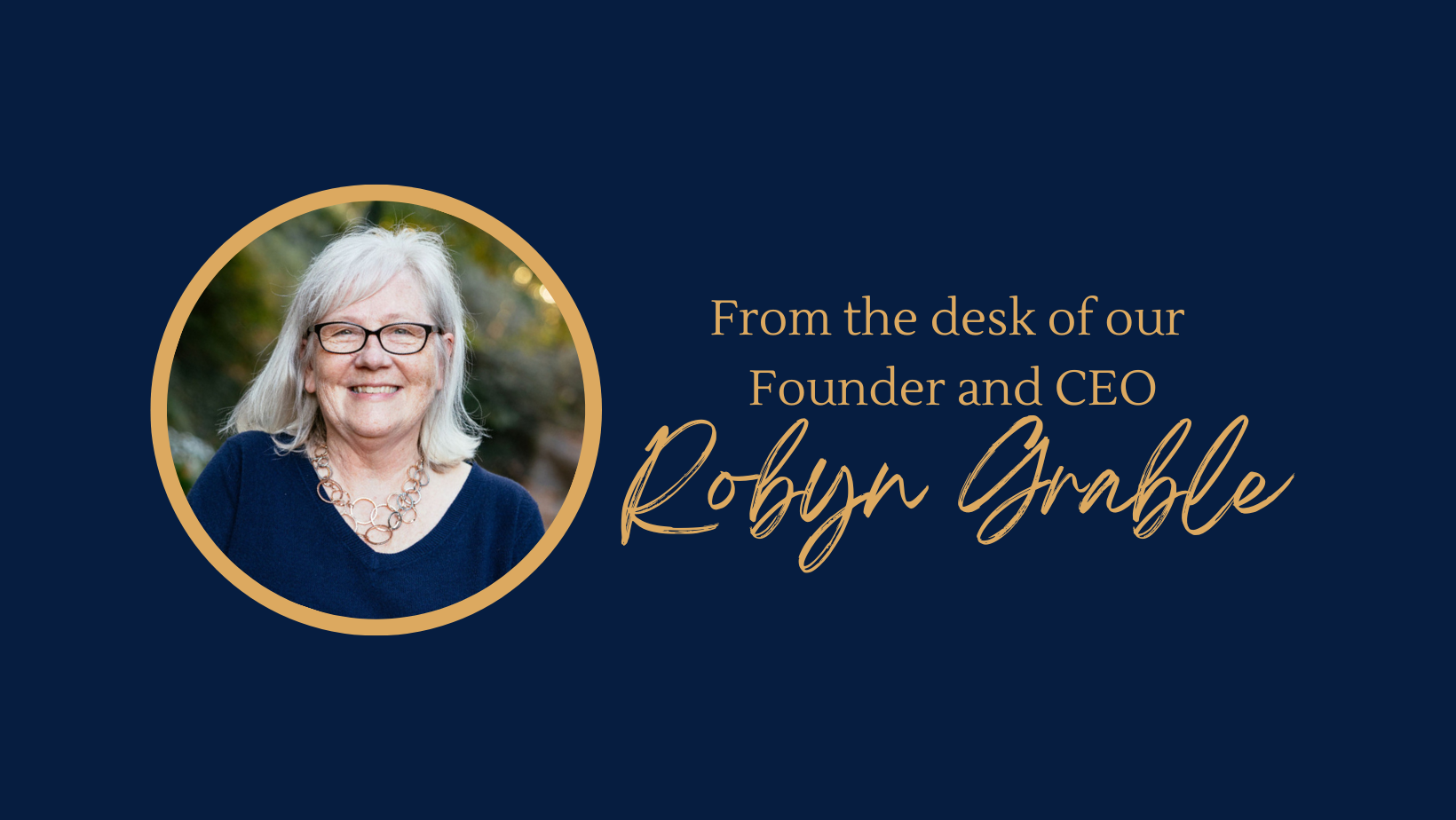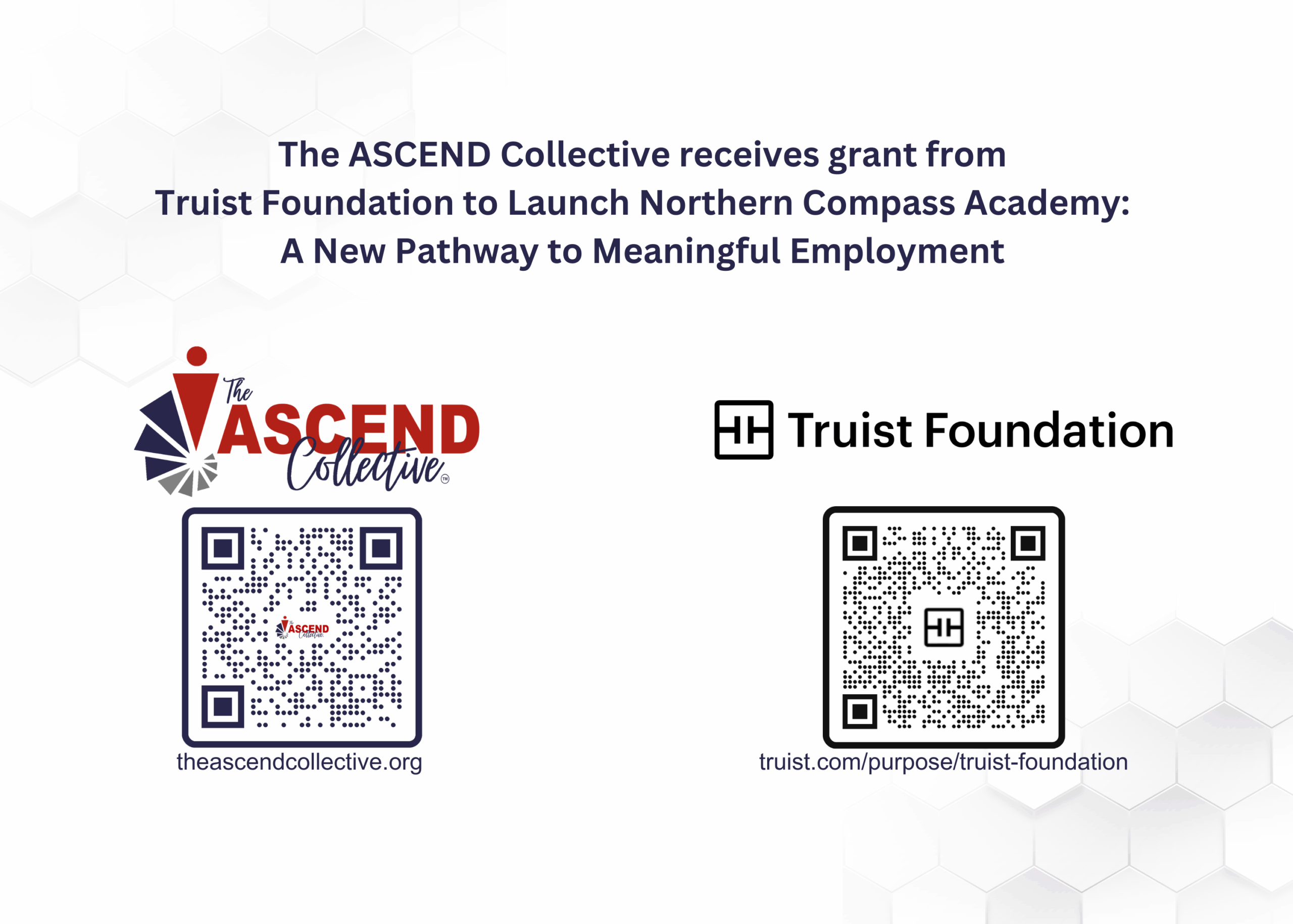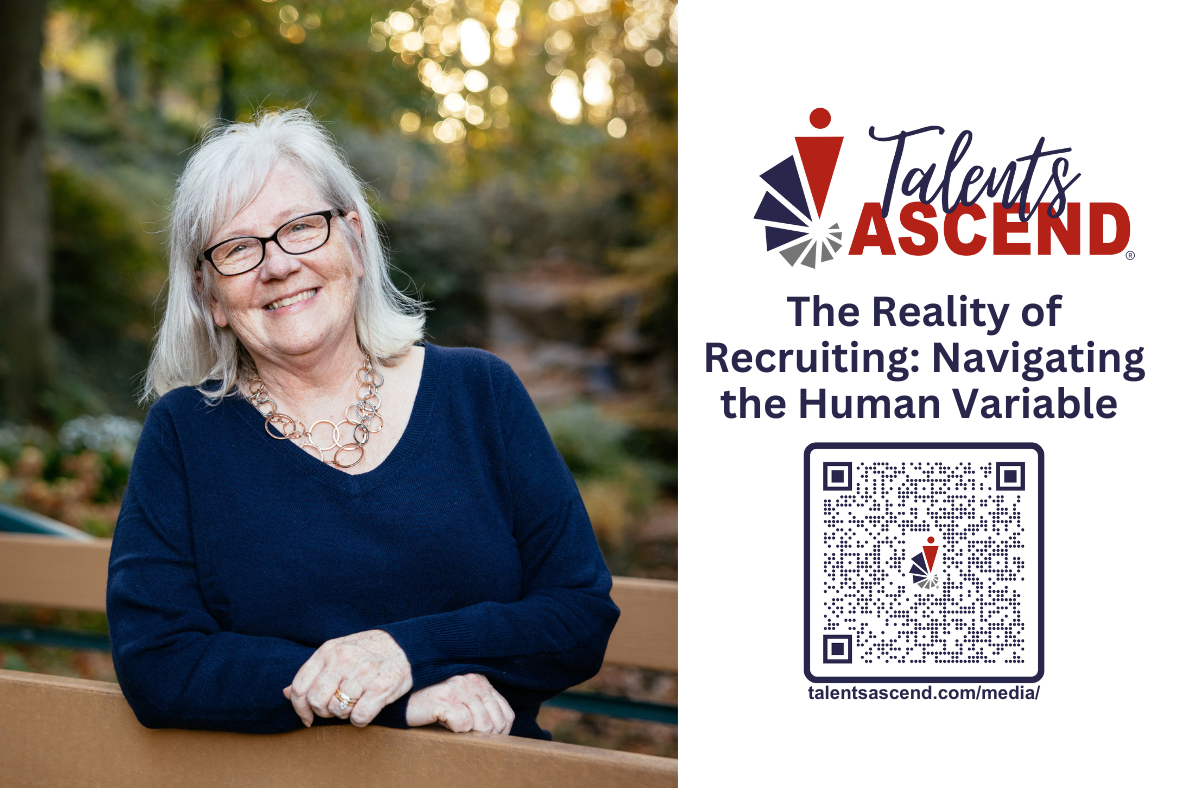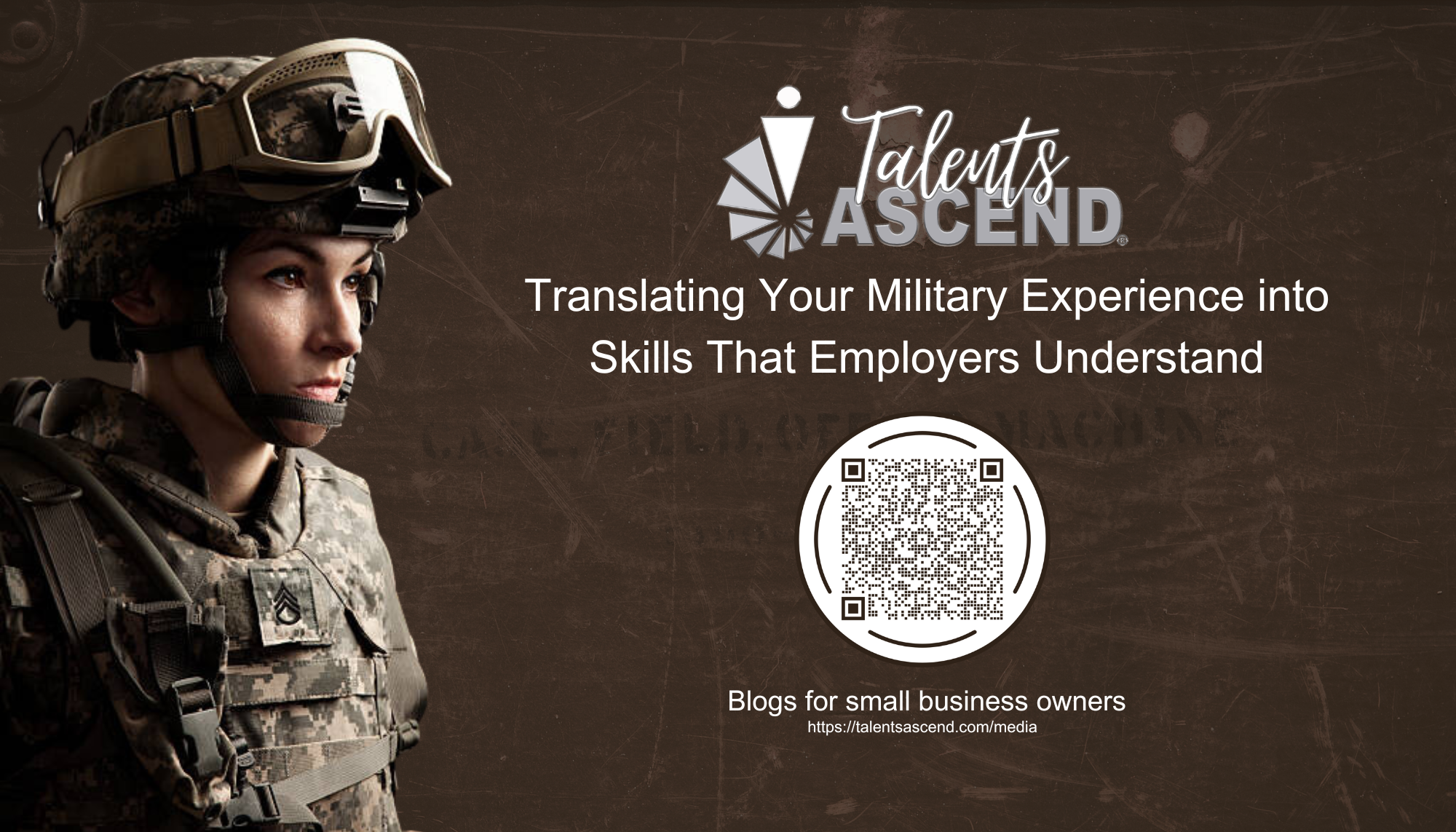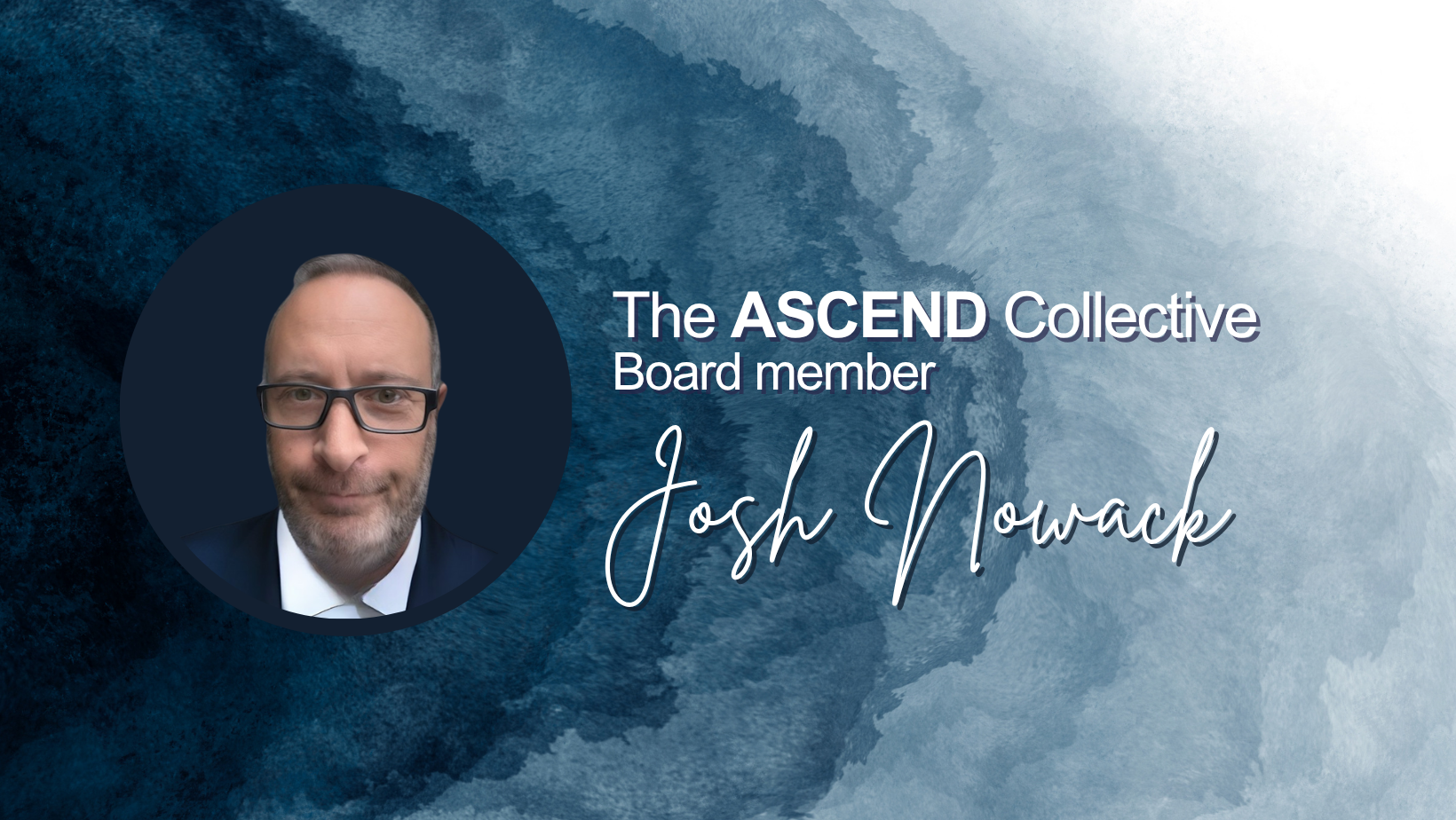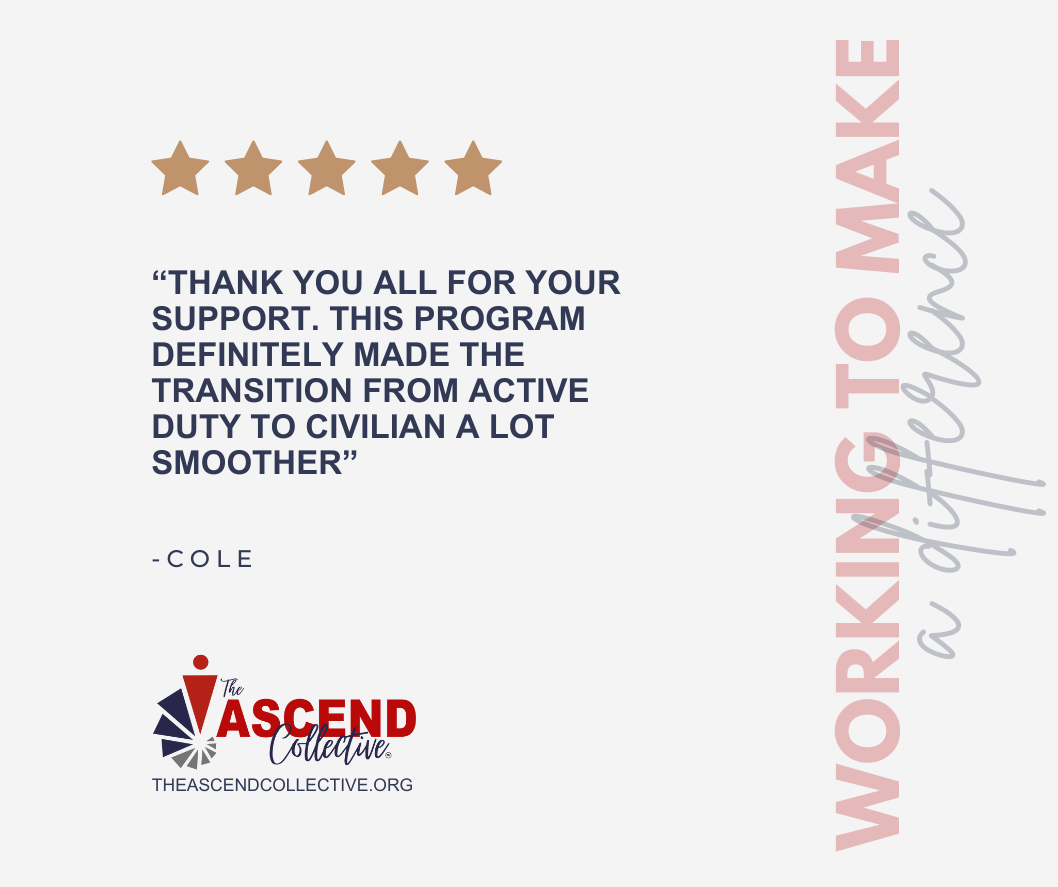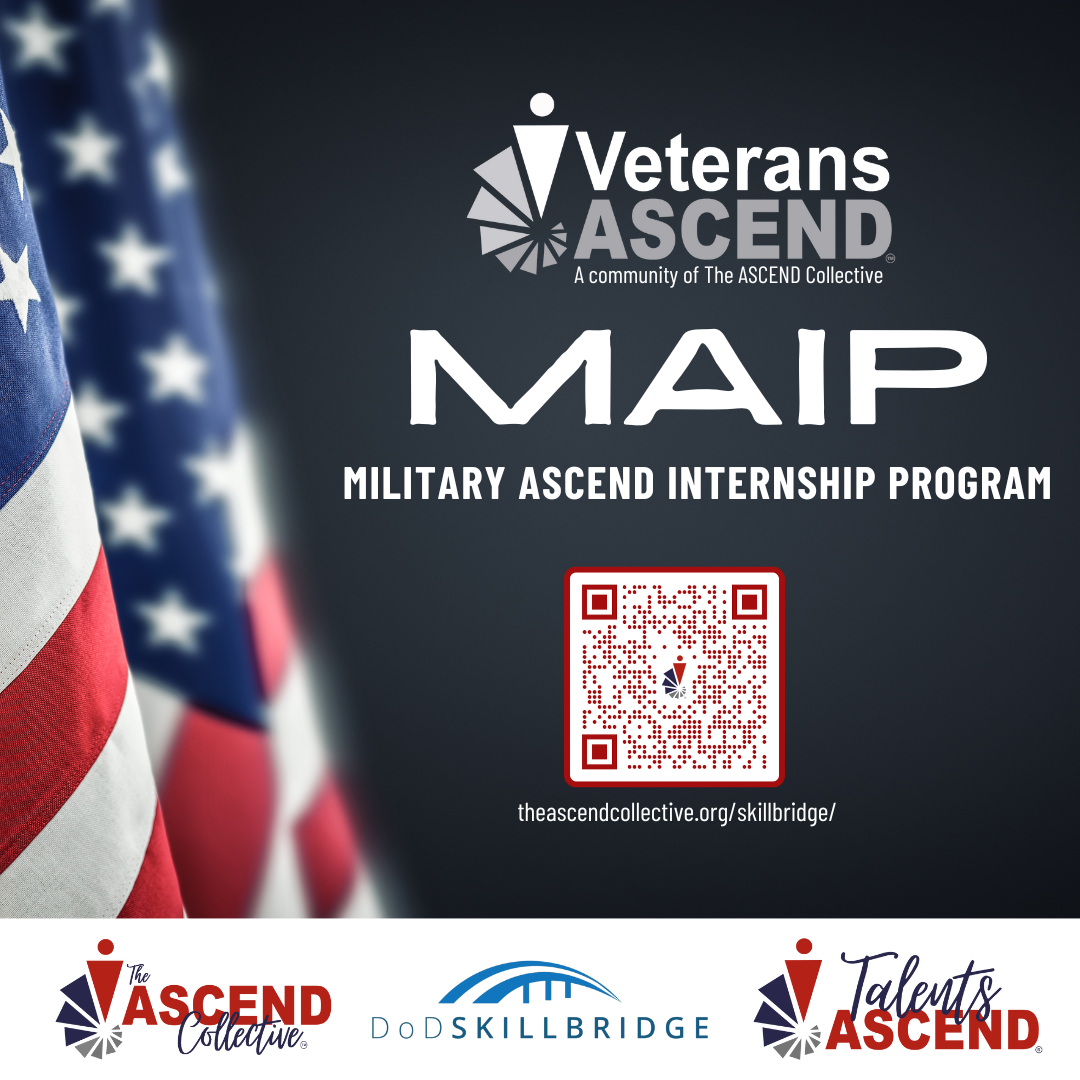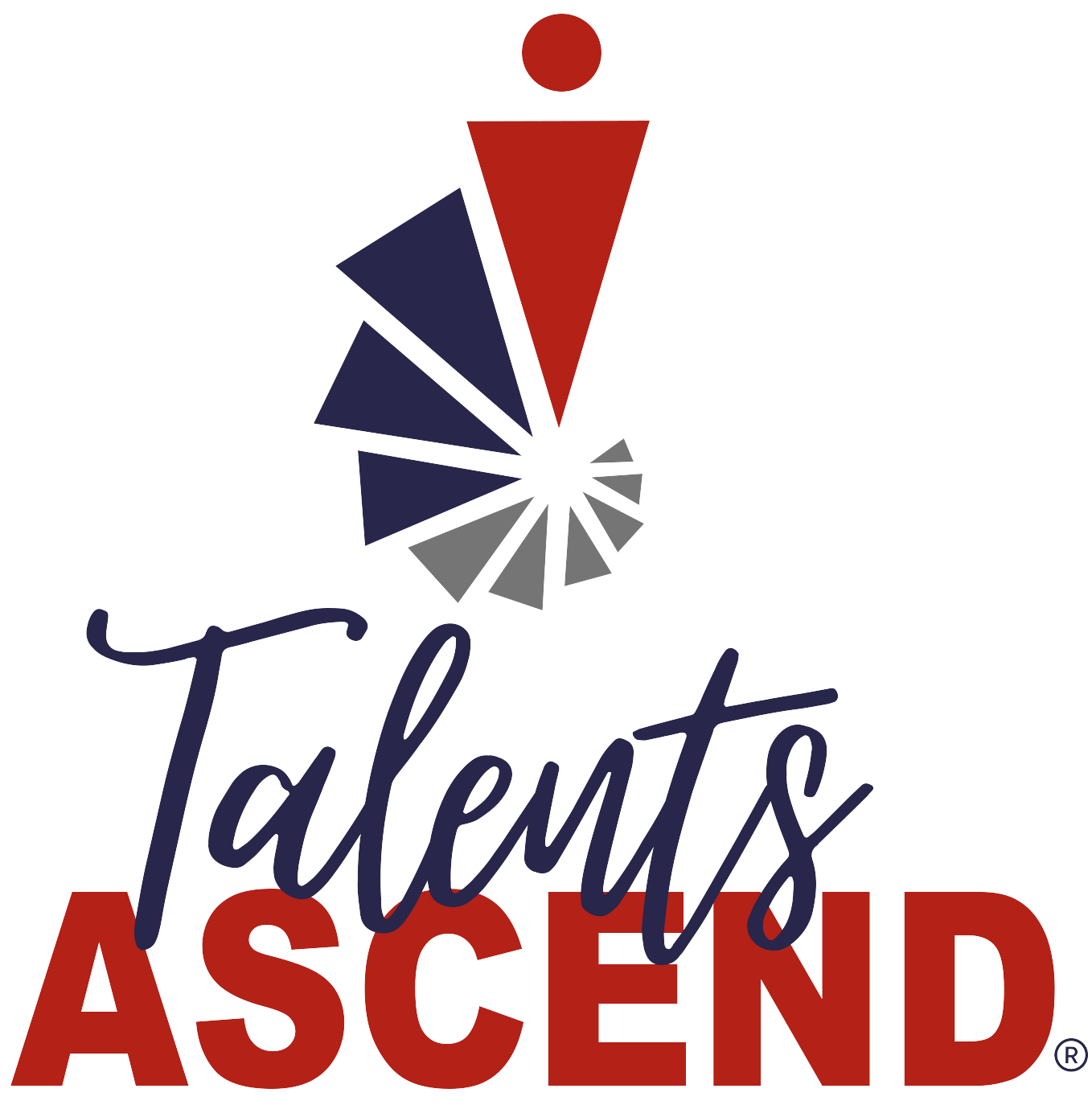Seeing Beyond the Surface: Communicating with Purpose, Respecting Experience, and Understanding Trauma
June holds powerful reminders of what it means to truly see, and value, people for who they are and what they can do. It’s Effective Communication Month, National PTSD Awareness Month, and Age Without Apology Month—a trio of awareness efforts that intersect beautifully around a simple, human truth: everyone has value, and we unlock it by looking deeper.
In today’s fast-paced world, especially in hiring and workforce development, it’s easy to skim résumés, make assumptions, or overlook talent based on age, background, or invisible scars. But behind every application is a story. Behind every skill is a journey. And behind every person is potential, waiting to be recognized and respected.
Communication Is More Than Words
Effective communication isn’t just about saying the right thing, it’s about listening with intent and creating space for people to be seen and heard. In the workplace, that means engaging with empathy, asking better questions, and making room for diverse styles of expression. For someone who may be living with PTSD, it could mean adjusting how we give feedback, conduct interviews, or support team members through stressful transitions.
We don’t need to be mental health experts to lead with compassion, we just need to be human.
Respect Experience, Not Just Age
Age Without Apology Month is a bold call to recognize that experience is not a limitation – it’s an asset. Yet far too often, older workers are overlooked for roles that they’re more than qualified to fill, simply because of outdated assumptions.
The truth? Seasoned professionals bring stability, deep insight, and a lifetime of transferable skills. The question should never be “Are you too old for this role?” but rather “What can we learn from the journey you’ve already taken?”
Understanding PTSD in the Workforce
National PTSD Awareness Month reminds us that trauma doesn’t have a look, a timeline, or a label. Veterans, survivors, caregivers, and even everyday employees may be navigating mental health challenges silently. When we create systems that see people as whole human beings, we make it safer for them to contribute their best work.
By focusing on skills and potential instead of assumptions or stereotypes, we shift from screening people out to inviting them in.
A Skills-First Future is a Human-First Future
At Talents ASCEND, we believe in hiring and advancement based on what people can do, not where they’ve been, how old they are, or what they’ve endured. Whether someone is rebuilding after trauma, reentering the workforce later in life, or finding their voice in a new role, their value is real.
June’s awareness themes offer a powerful reminder: when we communicate more effectively, understand more deeply, and embrace people for all that they are, we don’t just build stronger teams – we build a more inclusive, more capable future.
Let’s lead with listening. Let’s hire with heart. Let’s value people as they are.
Watch Now!
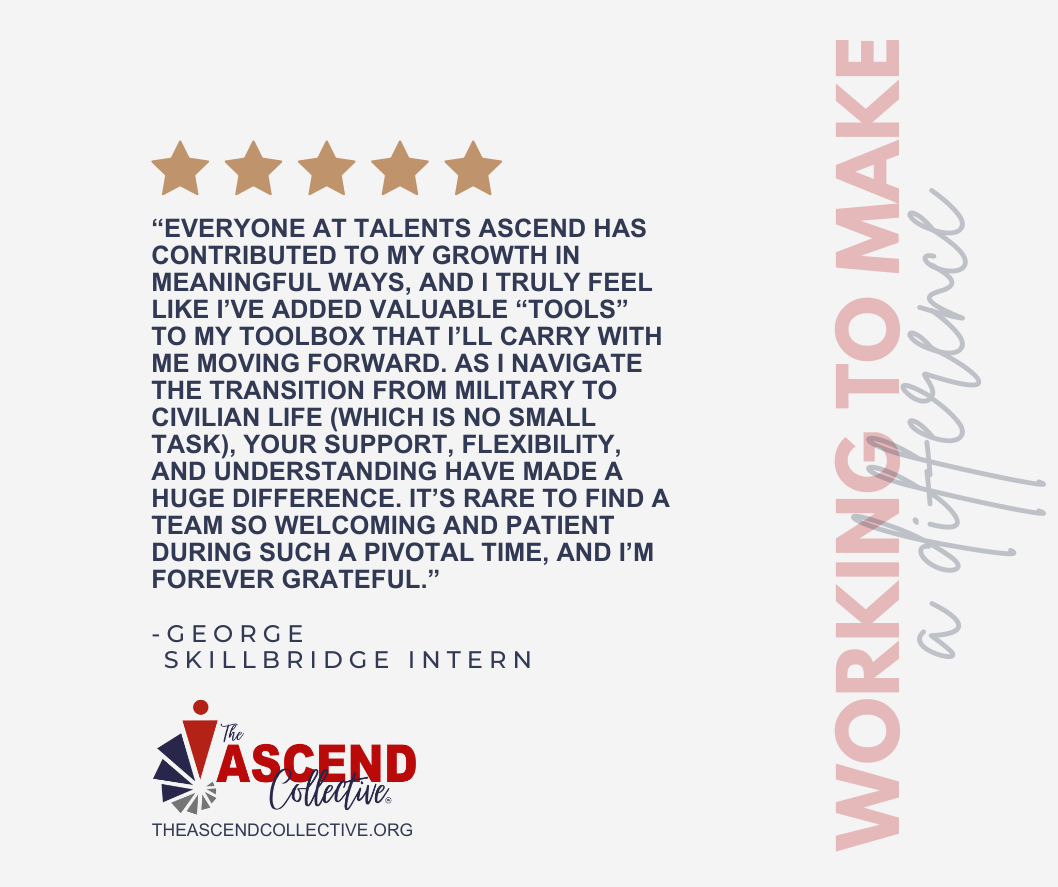
Truist Press Release
Excerpt: “Our purpose at Truist is to inspire and build better lives and communities,” said Truist Market President Chris Zimmer. “We’re proud to partner with The ASCEND Collective as it builds a new virtual learning academy to empower job seekers.”
Recruiting is often seen as a strategic, numbers-driven process – metrics, job descriptions, matching skills to roles. But here’s the truth… EMPLOYER BLOGS
Transitioning from the military to the civilian workforce can feel like entering a whole new world—especially when it comes to resumes and job applications. You’ve got years of experience, dedication, and … Candidate Blogs
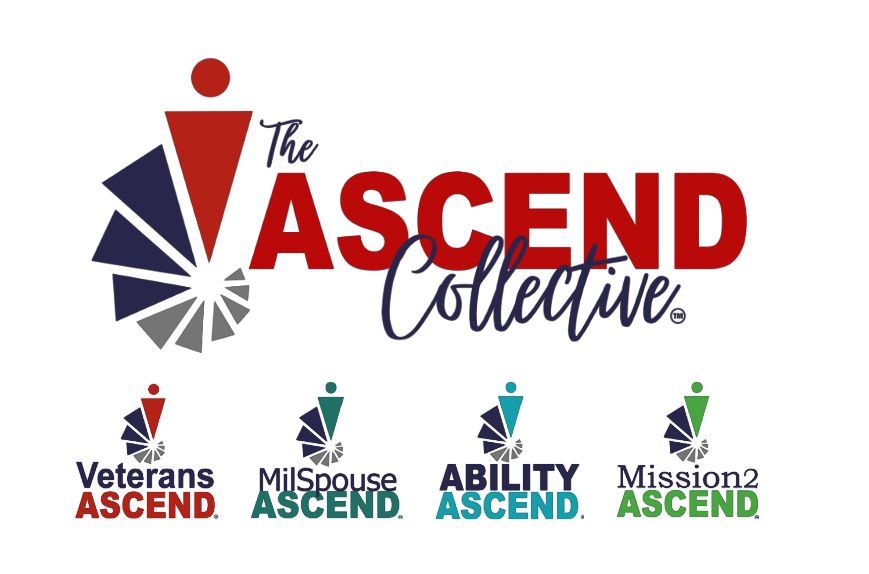
Rebuilding After Incarceration: A Real Shot at Starting Fresh
June is Rebuilding Your Life Month
More Than Just a Second Chance—It’s a Fresh Start
Reentry after incarceration isn’t just tough on the individual, it’s a test of who we are as a society. June is Rebuilding Your Life Month, and it’s the perfect moment to shine a light on what it really takes to start over. And what gets in the way.
The truth is, coming home from prison is overwhelming. You’re facing housing barriers, job rejections, and red tape for even the basics. Even in the best of circumstances, time has passed by. Beyond the basics of getting a new drivers license or navigating health insurance, getting acquainted with today’s technology can be a very daunting task. But this moment isn’t the end, it’s the start of something new. With the right support, it can be a launchpad toward purpose, stability, and a better future.
Skills That Too Often Get Overlooked
Here’s what doesn’t get talked about enough: people coming home often have serious skills. We’re talking trades like welding, culinary arts, logistics, tech support, peer counseling, you name it. These aren’t hobbies. These are career-ready skills developed in high-pressure, high-discipline environments.
And beyond the technical know-how, these folks are problem-solvers. You’d be amazed at the ingenuity and problem-solving skills like how to create a birthday cake with nothing but what you can get from the commissary. They know how to follow structure, stay focused, and push through challenges, exactly the kind of qualities employers say they want, but too often overlook because of a justice involved record.
Hiring Based on Skills, Not Stigma
If we really want to create change, skills-based hiring has to be part of the equation. That means looking at what someone can do—rather than what happened in their worst moment. After all – we’ve all had a worst moment – sometimes we were caught and sometimes we weren’t. If someone can show up every day, do the work, and learn fast, they deserve a shot at the job. After all, the person coming home from prison needs that job more than anyone else.
It’s not about lowering standards—it’s about breaking down unnecessary barriers. When we hire based on ability, not assumptions, we unlock a whole pool of talent that’s ready to contribute.
Second Chance Hiring Isn’t Charity—It’s Smart Business
Hiring someone with a record isn’t risky- it’s strategic. Time and again, research shows that second-chance employees are loyal, motivated, and committed. They’re rebuilding more than a career. They’re rebuilding their lives.
Employers who open that door often see lower turnover, stronger team morale, and real impact in their communities. They’re not just filling positions, they’re changing lives and helping to break the cycle of poverty and recidivism.
June Is Just the Reminder. The Real Work Happens Every Day
Starting over takes more than just time. It takes people who care. It takes companies willing to do things differently. And it takes systems designed to support growth, not just hand out punishment.
So whether you’re a hiring manager, a teacher, a coach, or someone who just believes in second chances – you’re part of the solution. This month is a reminder, but the work? That’s year-round.
We’re Opening Doors—Are You?
At Talents ASCEND, we believe skills should speak louder than someone’s past. We help employers see the talent, grit, and potential in second-chance candidates, including veterans and folks from underserved communities.
Because when we rebuild lives, we’re not just helping individuals, we’re lifting families, reducing reliance on public assistance, and turning formerly incarcerated individuals into active contributors to our economy and communities. Second-chance employment moves people from the margins into the workforce, from surviving to thriving. And that makes all of us stronger.
Josh Nowack is a board member of both, The ASCEND Collective and Inmates to Entrepreneurs and is the co-founder of Breaking Free Industries, a screen printing shop based in Southern California that only hires those who have had an unwilling relationship with handcuffs.

